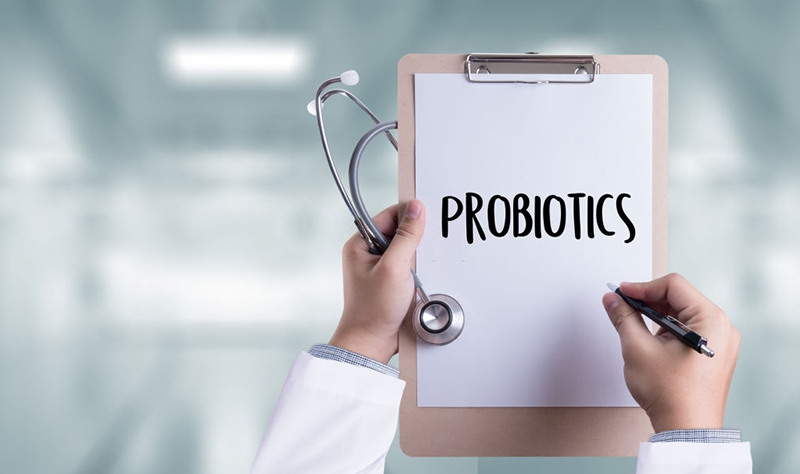The Secret Lives of Bacteria: Exploring Probiotics and the Gut Microbiome
Our bodies are home to trillions of microorganisms, including bacteria, viruses, fungi, and more, collectively known as the human microbiome. And of all these microscopic inhabitants, bacteria, in particular, make up a significant portion, with estimates suggesting that they outnumber human cells by a factor of 3 to 1. But don’t let that number frighten you – not all bacteria are bad, and some of them are actually beneficial to your health!
What Are Probiotics?
Probiotics are live microorganisms that, when consumed in adequate amounts, confer a health benefit to the host. Essentially, they are good bacteria that can help your body maintain a healthy balance of microorganisms by boosting the number of beneficial bacteria in your gut, which, in turn, can improve your overall health and well-being.
How Do Probiotics Work?
The human gut is a complex ecosystem that plays host to a range of different microorganisms, including both beneficial and harmful bacteria. When these microbial communities are in balance, they help maintain a healthy gut and prevent the overgrowth of harmful bacteria that can lead to various health problems, such as diarrhea, irritable bowel syndrome, inflammatory bowel disease, and more.
Probiotics work by introducing beneficial bacteria into your gut, which can help restore balance to your microbiome and promote better digestive health. They do this by:
- Competing with harmful bacteria for nutrients and adhesion sites in your gut, thus making it more difficult for them to take hold and reproduce
- Producing organic acids such as lactic acid, which can help create an unfavorable environment for harmful microorganisms to grow
- Stimulating the immune system, which can help prevent infections and other illnesses in the gut and elsewhere in the body
Types of Probiotics
There are many different types of probiotics, each of which is associated with distinct health benefits. Some of the most commonly studied probiotics include:
- Lactobacillus acidophilus: This probiotic is found in the human gut and has been shown to help improve digestive health, boost the immune system, and prevent vaginal infections.
- Bifidobacterium lactis: This probiotic is found in the gut and has been shown to help improve digestive health, reduce inflammation, and boost the immune system.
- Saccharomyces Boulardii: This probiotic is a type of yeast that can help prevent antibiotic-associated diarrhea and other gastrointestinal issues.
- Escherichia coli Nissle: This probiotic is commonly used to treat irritable bowel syndrome and other digestive disorders.
Food Sources of Probiotics
You can find probiotics in many different types of food, including:
- Yogurt: This is one of the most popular sources of probiotics and contains live cultures of Lactobacillus acidophilus and Bifidobacterium lactis.
- Kefir: This is a fermented milk beverage that contains live cultures of many different types of probiotics, including Lactobacillus acidophilus and Bifidobacterium lactis.
- Sauerkraut: This is fermented cabbage that contains live cultures of Lactobacillus acidophilus and other probiotics.
- Kombucha: This is a fermented tea that contains live cultures of various probiotics and yeasts.
When consuming probiotics through food, be sure to look for foods that contain live cultures and have not undergone pasteurization, as this can kill the beneficial bacteria.
Probiotic Supplements
If you’re looking to boost your intake of probiotics, you can also take supplements in the form of capsules, tablets, powders, or liquids. These supplements typically contain high concentrations of probiotics and can help you achieve a therapeutic dose more quickly and easily than through food alone.
However, it’s important to note that not all probiotic supplements are created equal. When selecting a probiotic supplement, consider the following factors:
- Number and variety of strains







